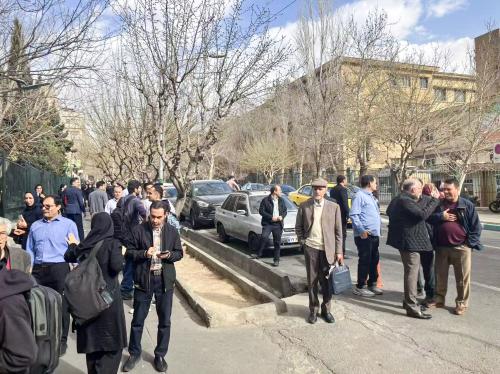Toronto, Nov 24 (IANS) International students in Canada, who have off-campus work authorisation on their study permit, say that the country should permanently lift the 20-hour-per-week work rule.
The Canadian government had announced temporary lifting of the cap from November 15, 2022 to December 31, 2023 as employers were facing unprecedented challenges in finding and retaining workers they needed for economic recovery post Covid.
According to students, many of whom are from India, working more hours gives them stability amidst rising costs in the country, CBC News reported.
Krunal Chavda, a 20-year-old Indian student at the University of Saskatchewan, said he has around $40,000 in student loans and was able to pay off $10,000 with full-time work.
"The past year has been quite good in terms of finances because I could work 40 hours a week and have been able to pay off my tuition fees," Chavda told the Canadian news outlet.
With the previous rule coming back, Chavda is worried about his finances as his grocery budget has gone up from $100 to as much as $300 a month due to inflation.
Most post-secondary international students are allowed to work on and/or off campus, with their authorisation to work printed directly on their study permit.
In the past, nearly half of the post-secondary international students in Canada reported earning income during their studies.
"I've found myself in situations where I was like, 'OK, should I buy this or not?' It basically comes down to necessities and not the wants," he said.
"There is a lot of uncertainty and anxiousness in the air. We're on the edge... It's becoming more and more difficult to sustain," said Meghal, Chavda's classmate.
Domenici Medina, an international student at the university from Ecuador, told CBC that the extra money earned helps with "medical appointments like a dentist, which is not covered by the university's insurance".
Medina said that making the rule permanent will have an impact on their "well-being and mental health".
Karandeep Singh Sanghera, the student union president at Capilano University in North Vancouver, said international students like him are feeling the pressures of the housing market.
"Most of the students have to work on minimum wages, which is some $16 right now. It's not possible to live working 20 hours in this condition," said Sanghera, who shares a three occupancy space with five people.
The demand from the students come as Canada continues to grapple with a severe cost of living and housing crisis with nearly seven million people there struggling to put food on the table, according to a recently released Food Banks Canada report.
According to media reports, many international students have to share beds and single rooms, and some even end up homeless or sleep under bridges.
The immigration department, in an email statement to CBC, said it is assessing the impact the policy has had, and it would let the public know if there were any changes to the current plan.
Canada welcomed more than 800,000 international students last year, with the country on track to bring in 900,000 international students in 2023, according to immigration minister Marc Miller.
According to Immigration Refugees, Citizenship of Canada (IRCC), international students contribute more than $22.3 billion per year to the Canadian economy.
Indian students account for nearly four out of every 10 foreign students.












